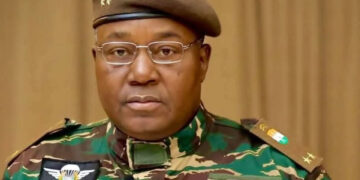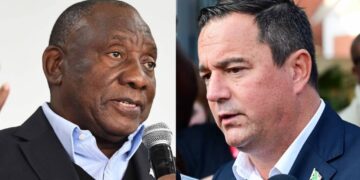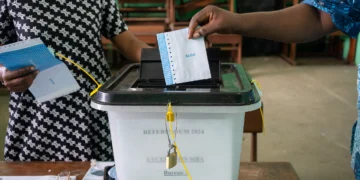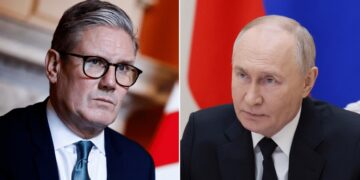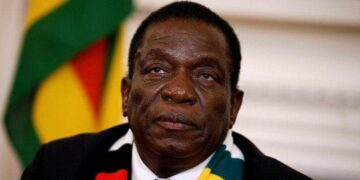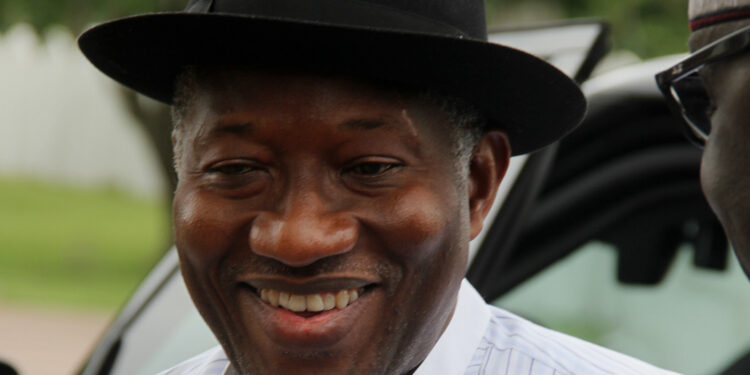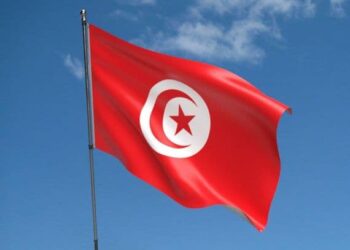Former President Goodluck Jonathan has advised the Malian transition government to ensure more inclusiveness with key socio-political actors ahead of general elections scheduled for next year.
The former President, who is West African mediator in Mali, stated this in a communique issued in Bamako at the end of a midterm assessment of the interim administration of President Bar, and commended the government’s commitment to the 18-month transition period and progress so far made in implementing other measures agreed with the authority of Heads of Government of the Economic Community of West African States (ECOWAS).
Jonathan said: “In the light of the concerns raised by the stakeholders, the Mission encourages the Government to ensure greater inclusivity of the main socio-political actors in the Steering Committee to reach a consensus on the prioritization of the reforms that should lead to a transparent, credible and universally acceptable electoral process within the timeframe set for the transition. It therefore urges the other stakeholders to work with the Government to achieve this inclusiveness by actively participating in the work of the Steering Committee.”
He added, “The mission also noted the need to enhance communication between the government and the stakeholders regarding the implementation of the government’s Action Program.”
Expressing the mission’s satisfaction with the progress recorded by the administration, the former President commended such measures as the dissolution of the military ruling body known as CNSP, adoption of the government action plan, publication of the electoral calendar as well as the establishment of the strategic orientation committee on political and institutional reforms.
The communique further said: “The mission also welcomed the judicial process relating to those who have been arrested over the alleged attempt to destabilize and undermine state security, which led to the acquittal of the alleged perpetrators, the restart of dialogue among the stakeholders within the framework of consultation with the Minister of Territorial Administration and the establishment of the Steering Committee under the Prime Minister.
The mission welcomed all the efforts made by the Government to create the enabling conditions for a successful transition, in particular the field visit led by the Prime Minister to the zones in the centre, as well as the meetings initiated by the President of the Transition to Foster Peace and Reconciliation, the joint military operations initiated by the Government to progressively secure the entire territory, the planned disarmament and conversion of armed self-defence groups and militias, the gradual return of the State to the parts of the territory where terrorist groups are active, etcetera.
Accordingly, the Mission encourages the government to continue its efforts at strengthening the necessary security for the conduct of peaceful and credible elections.
Speaking further, the mediator urged the Malian authorities to set priorities given the little time left to carry out the transition supposed to bring civilians back to power in early 2022.
“A crucial aspect which should guide a government which has very little time is the management of what is ideal and what is feasible within the allotted time,” he said.
While in Bamako, the mediator and his delegation met with the President of the Transition and Head of State, Bah N’Daw, the President of the National Council of the Transition, Colonel Malick Diaw, the Vice-President of the Transition, Colonel Assimi Goita, and the members of the Constitutional Court.
It held a working session with the Prime Minister and Head of Government, H.E. Moctar Ouane, and the Minister of Territorial Administration and Decentralization (MATD). It also held consultations with other stakeholders, including members of the diplomatic corps, representatives of the political parties, religious and traditional leaders, and civil society actors.








